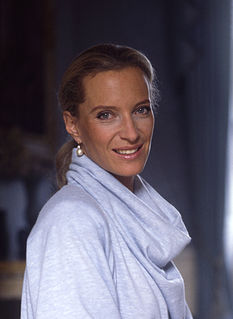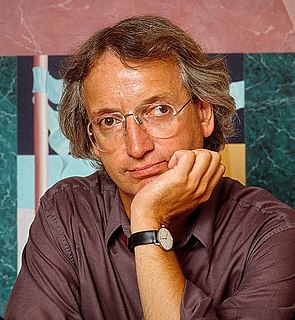A Quote by Thelma Schoonmaker
In 'Silence,' there was no improvisation at all; really, you're dealing with a script and a 17th century way of speaking.
Related Quotes
Without computers, in the 17th century, we could classify the entire animal kingdom... there was this idea of the speciation, right? And now, all a search engine is is essentially the mathematical speciation of ideas - and these things really derive from the way that language is used and the way words relate.
'Quantum of Solace' was a bit of a different circumstance than a lot of my other films because you're stepping into a franchise, and also in that particular film, we're dealing with a script from the writer's strike, which was difficult to handle because there was never time to really develop a finished script.
The technologies for the alternative energy sources exists today. The economics are compelling. The public health is compelling. Why would we maintain a focus on a 17th-century technology, when there are 21st-century alternatives that are both necessary and available? And the answer is the subversion of democracy.



































